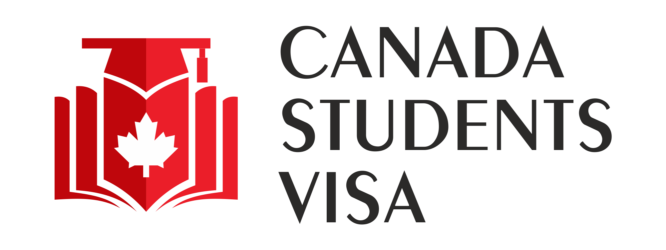Life in Canada
Embracing Canada: A Guide to Life as an International Student
Canada welcomes international students with open arms! Here’s a comprehensive guide to navigating life beyond academics, helping you adapt, explore, and thrive in your new home:
- Understanding Politeness: Canadians are known for their courtesy. Be mindful of using “please” and “thank you” frequently, and avoid interrupting conversations.
- Multicultural Mosaic: Canada embraces diversity. Respect cultural differences and be open to new experiences.
- Learning French: While English is widely spoken, understanding basic French phrases can be helpful, especially in Quebec.
Tips for Adapting:
- Connect with fellow international students: Share experiences and build a support network.
- Join clubs and activities: Explore your interests and connect with the campus community.
- Embrace the outdoors: Canada boasts stunning natural landscapes. Explore parks, hiking trails, or winter sports.
- On-Campus Residence: Ideal for first-year students, offering a social environment, meal plans, and proximity to classes. Research availability and application deadlines.
- Off-Campus Housing: Apartments, shared rentals, or homestays provide more independence but require budgeting for rent, utilities, and groceries. Explore options online or through student housing services at your university.
- Homestay: Living with a Canadian family offers cultural immersion and a home-cooked meal atmosphere. Perfect for practicing English/French and understanding local customs.
- Provincial Health Insurance: Each province/territory has its own health insurance system. You may be eligible for provincial health insurance after a waiting period (typically 3-12 months). Check with your provincial government for details.
- Private Health Insurance: Consider purchasing private health insurance to cover medical expenses before becoming eligible for provincial healthcare.
- University Health Services: Most universities offer on-campus health clinics with medical professionals for basic healthcare needs.
- Public Transportation: Efficient and affordable public transport systems exist in most major Canadian cities. Purchase a student transit pass for discounted fares.
- Cycling: Canada is a bike-friendly country. Many cities have dedicated bike lanes and offer bike rentals.
- Walking: Explore your city on foot! Walking is a healthy and inexpensive way to get around, especially on shorter distances.
- Ridesharing Services: Utilize services like Uber or Lyft for occasional rides, though these can be more expensive than public transport.
- Clubs and Organizations: Universities offer a vast array of clubs catering to various interests, from academic societies to sports teams and cultural groups. Get involved and meet like-minded people!
- Arts and Culture: Enjoy discounted tickets to museums, theaters, and art galleries with your student ID. Immerse yourself in the vibrant cultural scene!
- Volunteer Opportunities: Give back to the community and gain valuable experience by volunteering for local organizations.
- Campus Events: Attend university-organized events like concerts, movie nights, or cultural festivals. Take advantage of these opportunities to socialize and have fun!
Canadastudentvisa.com is your one-stop resource for international students in Canada!
FAQ
Processing times vary depending on your location and time of year. Check the IRCC website for current estimated processing times for study permit applications submitted from your country or region.
Yes, you can work full-time off-campus during scheduled breaks if you meet the eligibility criteria and have a valid study permit.
Apply to extend your study permit before it expires to maintain your status as a student in Canada. Continuing to study without a valid permit is not permitted.
Having a criminal record may affect your eligibility for a study permit. Be honest and provide complete information about any past criminal convictions when applying.
Visit your institution’s career center, explore job boards, network with classmates and professors, and attend job fairs to find part-time job opportunities that fit your schedule.
Most DLIs require proof of English or French language proficiency, such as IELTS or TOEFL scores, depending on the language of instruction at the institution.
Under certain conditions, you may be able to change your program or institution. Consult with your designated learning institution and IRCC for guidance on how to proceed.
In most cases, you must apply for a study permit from outside Canada. However, certain circumstances may allow you to apply from within Canada. Consult the IRCC website for details.
Report the loss or theft to the nearest police station and apply for a replacement study permit or other immigration documents
Yes, your study permit may include conditions that restrict the type of work you can do in Canada. Ensure you comply with these conditions to maintain your status as a student.

